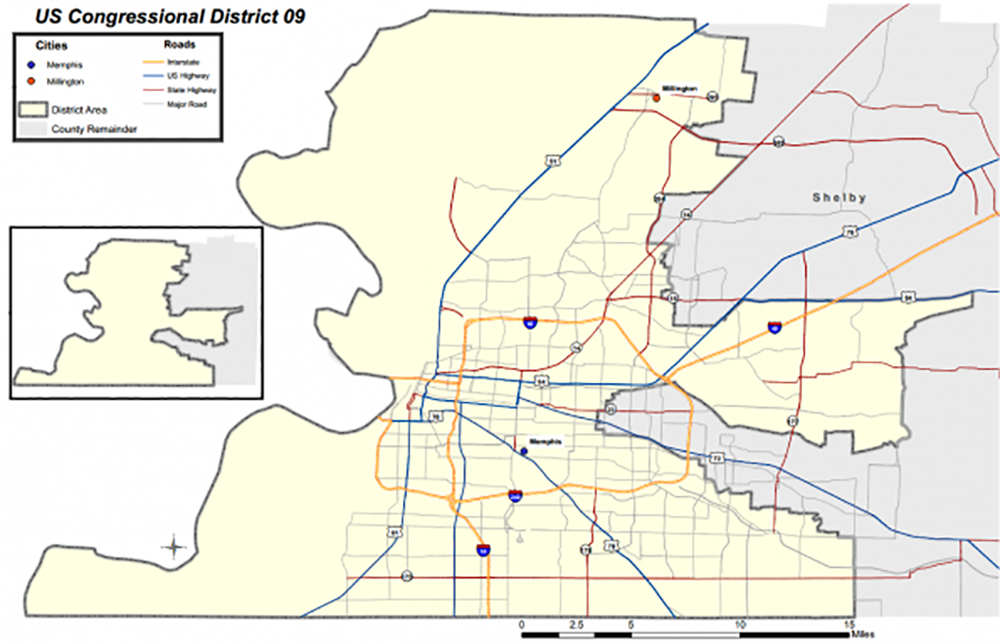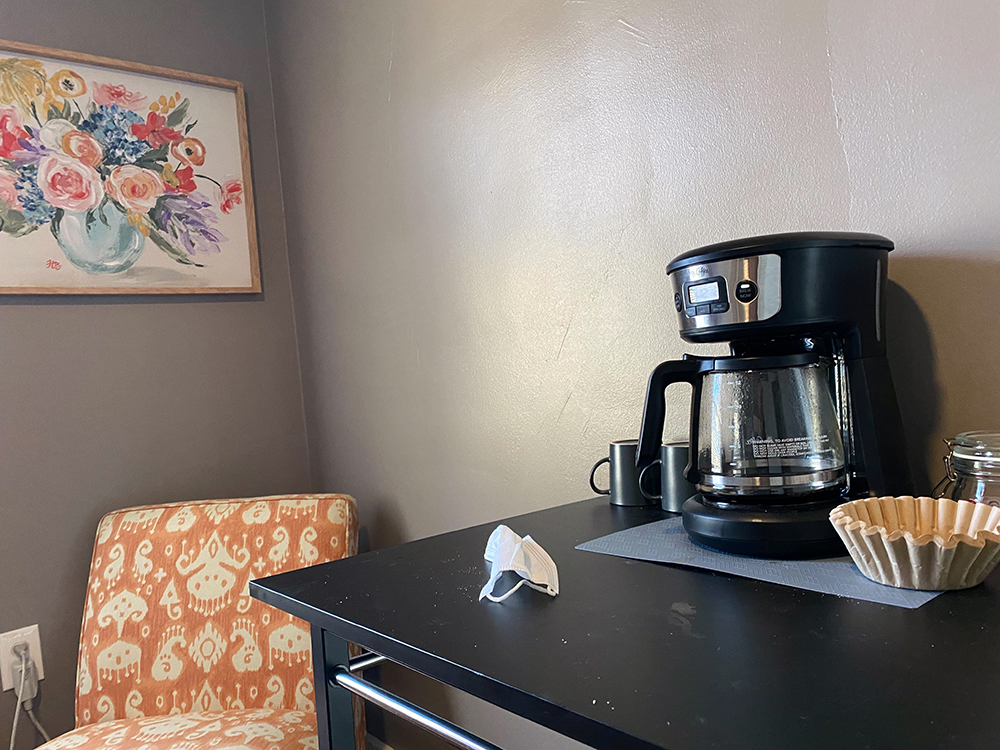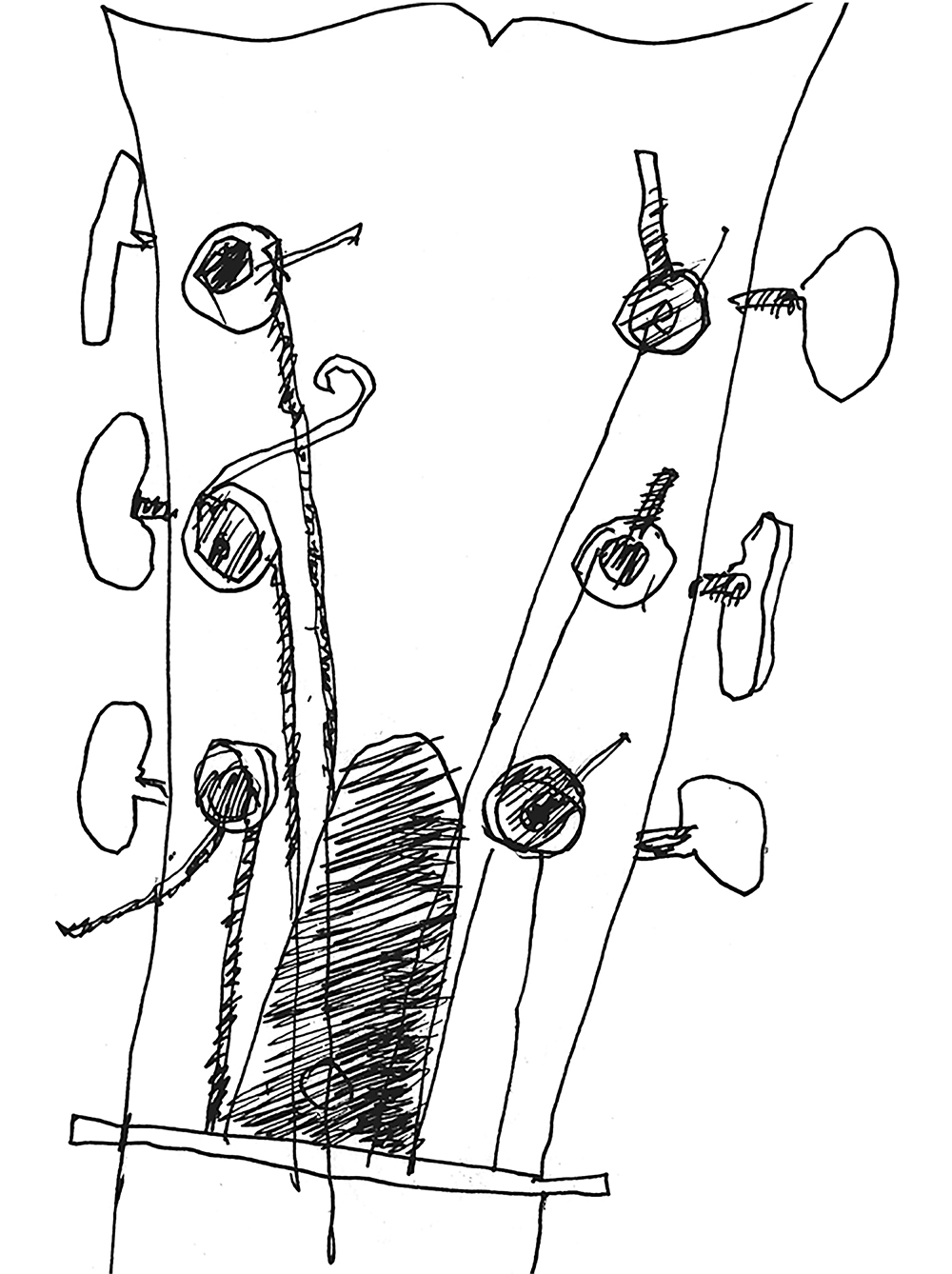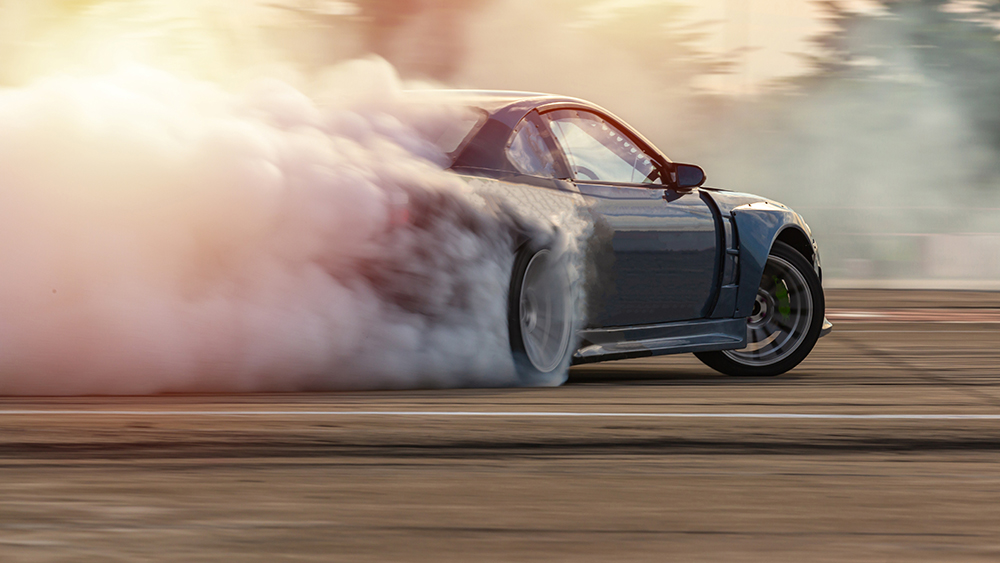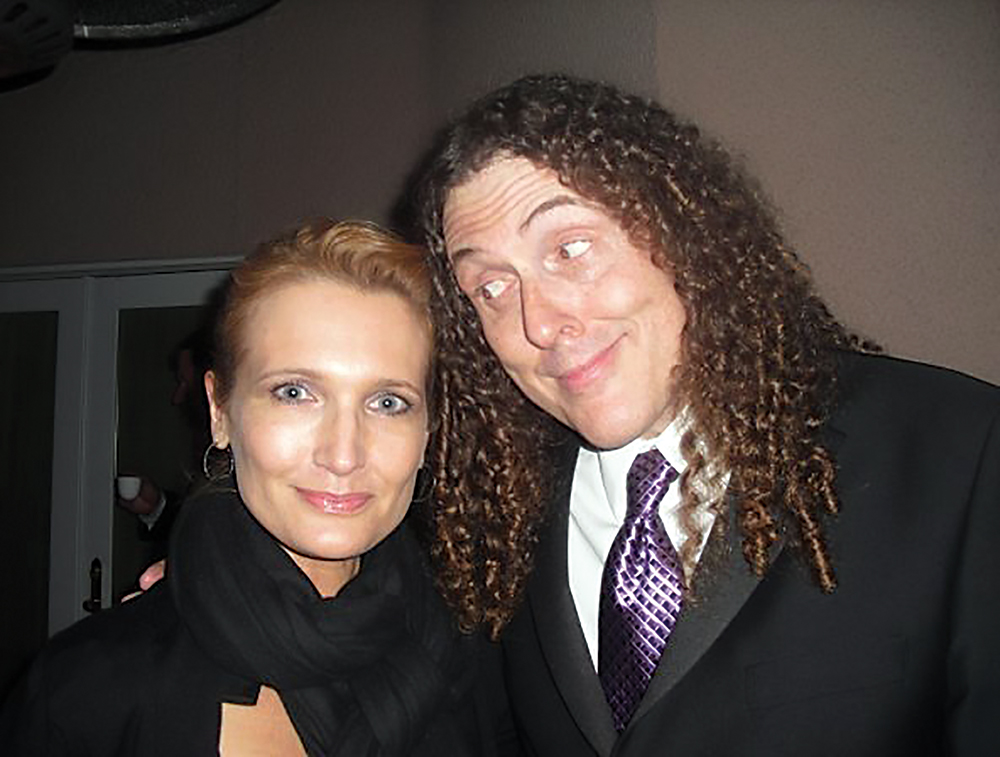A couple weeks ago, on a day when the temperature was in the low 20s, I decided to take my dogs on a walk at Overton Park. They were acting antsy and I figured I could handle the cold for a half-hour or so.
We usually hit the Overton Bark dog enclosure first, so my dogs can get their ya-yas out with other dogs before walking the trails. On this cold day, however, there was only one dog there — a shivering white pup with no collar or tags. She was standing on an icy patch of ground and her eyes were wide and fearful. An older couple walked by in thick parkas and said, “That dog’s been here for a while. Do you think her owner’s taking a walk?”
No, I thought. I think some asshole dumped this innocent pup at a dog park on a freezing winter day, hoping someone would rescue her. I took my dogs for a walk, resolving that if the pup was still there when we got back, it was my karma to save her.
A half-hour later, as I put her in the back of my car, there was a little grumbling from my two, but nothing serious. The pup looked like a pitbull mix, female, and sported one sassy eye that looked like it had been made-up by RuPaul. She was rib-skinny but affectionate and trusting. When we got home, I put food in a bowl for her. She inhaled it like oxygen, then lay down on a dog bed and slept for four hours without moving, recovering from the cold, exhaustion, and whatever she’d been through on the streets of Memphis.
I named her Wink because of that eye, and I called my daughter Mary, who works with Blues City Animal Rescue. She’s a pro at this stuff. We put out some feelers on social media and, after a couple of days, found a foster home for Wink. But it didn’t work out, so I got Wink back a day later. To be honest, I was becoming fond of her. She was gentle, non-aggressive, high-spirited, and didn’t run to the door and bark every time a delivery person came onto the porch — like my two idiots do six times a day. She was also a great TV-cuddler and would sleep through anything once she conked out.
There were a few suitors. One young couple brought their dog, but it didn’t like Wink. Another guy said he’d get back to me. Another had a family emergency. These things take time, Mary said.
My wife and I noticed that Wink was very independent. She’d snuggle, loved to play and fetch, but wouldn’t come when called. She was quirky. Something seemed off.
The next night, it clicked. I was prepping the dog bowls in the kitchen, my two hounds at my feet, excited, waiting for the nightly miracle. Wink was in the next room, snoring in a chair. When the bowls were ready, I hollered at her. No response. I whistled. I walked over to her and clapped my hands over her head. No response.
Wink was deaf as a stone.
Everything suddenly made sense: the deep sleeps (she was basically in a sensory-deprivation tank); the lack of response to sweet-talk or calls to “come” or attempts to give her a name. How this deaf dog survived out on the streets, I have no idea. How she survived and retained such a loving nature toward humans and other dogs is nothing short of a miracle.
In a couple of days, she began to respond to hand signals. I’ve ordered a sub-sonic whistle, in hopes she’ll be able to hear it. Wink is going to make it. She’s going to find her true home. We’re patient, and she’s a survivor. You heard it here first.
Email me if interested: brucev@memphisflyer.com.

